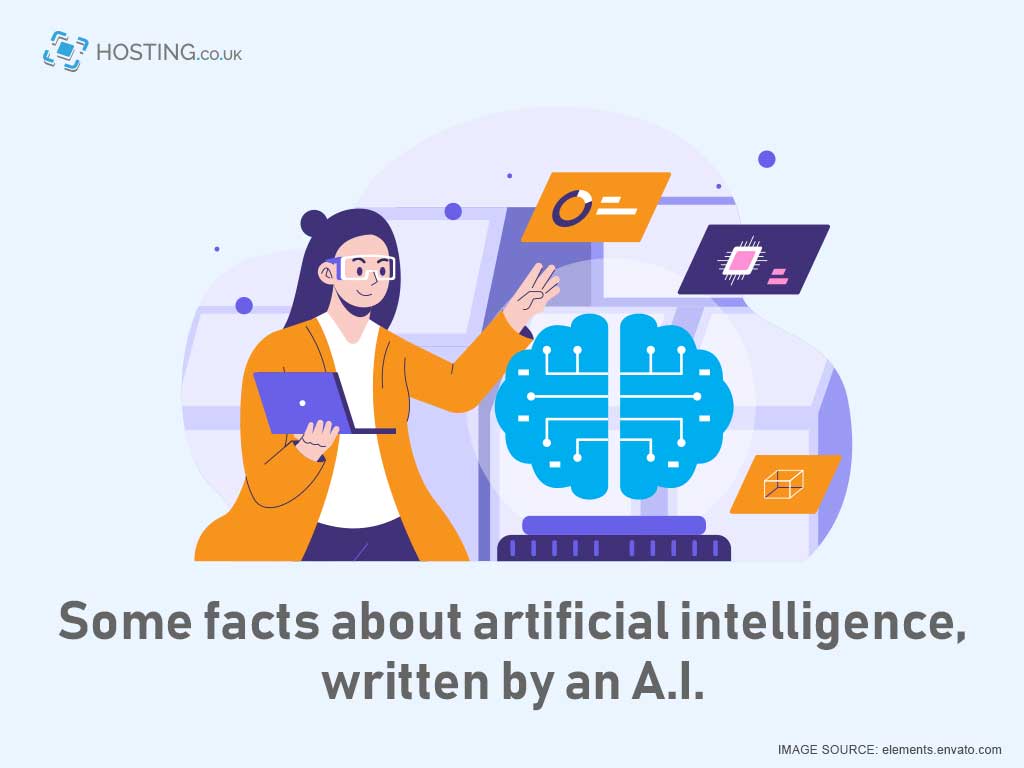Table of Contents
AI: What is it and why does it matter?
Artificial intelligence (AI) is a branch of computer science that aims to create machines that can perform tasks that normally require human intelligence. AI can be seen as the simulation of natural intelligence in machines that are programmed to learn and reason like humans or animals. AI has many applications in various fields, such as medicine, education, business, entertainment, and security.
What are the types of AI?
AI can be classified into different types based on the level of intelligence and the scope of tasks that they can handle. Some of the common types of AI are:
• Narrow AI or weak AI: This is the most common and widely used type of AI today. It refers to systems that are designed to perform specific tasks, such as speech recognition, image recognition, natural language processing, or chess playing. These systems are not able to generalize their knowledge or skills to other domains or situations. They are also not aware of their own existence or goals.
• General AI or strong AI: This is a hypothetical type of AI that would have human-like intelligence and be able to understand and perform any intellectual task that a human can do. It would also have self-awareness, consciousness, and emotions. This type of AI is still a long-term goal of AI research and has not been achieved yet.
• Super AI: This is another hypothetical type of AI that would surpass human intelligence and capabilities in all aspects. It would be able to create and modify its own goals, learn from any source of information, and control or influence other forms of intelligence. Some experts believe that super AI could pose an existential threat to humanity if not aligned with human values and interests.
What are the benefits of AI?
AI has many benefits for society and individuals, such as:
• Enhancing productivity and efficiency: AI can automate repetitive and tedious tasks, reduce errors, optimize processes, and improve decision making. For example, AI can help doctors diagnose diseases, lawyers review contracts, teachers grade assignments, or farmers monitor crops.
• Improving quality of life and well-being: AI can provide personalized and customized services, products, and experiences that cater to the needs and preferences of users. For example, AI can recommend movies, music, or books based on user’s tastes, create smart home devices that adjust to user’s habits, or provide chatbots that offer emotional support or guidance.
• Advancing knowledge and innovation: AI can discover new patterns, insights, and solutions from large and complex data sets that are beyond human capabilities. For example, AI can help scientists analyze genomic data, engineers design new materials, or artists create new forms of art.
What are the challenges and risks of AI?
AI also poses some challenges and risks for society and individuals, such as:
• Ethical and moral issues: AI can raise ethical and moral questions about the values, principles, and responsibilities of humans and machines. For example, how should AI be regulated and governed? Who is accountable for the actions and outcomes of AI? How should AI respect human rights and dignity?
• Social and economic impacts: AI can have social and economic impacts on the distribution of wealth, power, and opportunities among individuals and groups. For example, how will AI affect employment, education, health care, or democracy? How will AI affect social interactions, relationships, and culture?
• Safety and security issues: AI can pose safety and security risks for humans and machines if not designed or used properly. For example, how can we ensure that AI is reliable, robust, and trustworthy? How can we prevent or mitigate malicious attacks or misuse of AI? How can we align AI with human goals and values?
Conclusion
AI is a fascinating and powerful technology that has the potential to transform our world in positive and negative ways. It is important to understand what AI is, what it can do, and what it cannot do. It is also important to be aware of the benefits and risks of AI for ourselves and others. By doing so, we can make informed choices about how to use AI responsibly and ethically.
